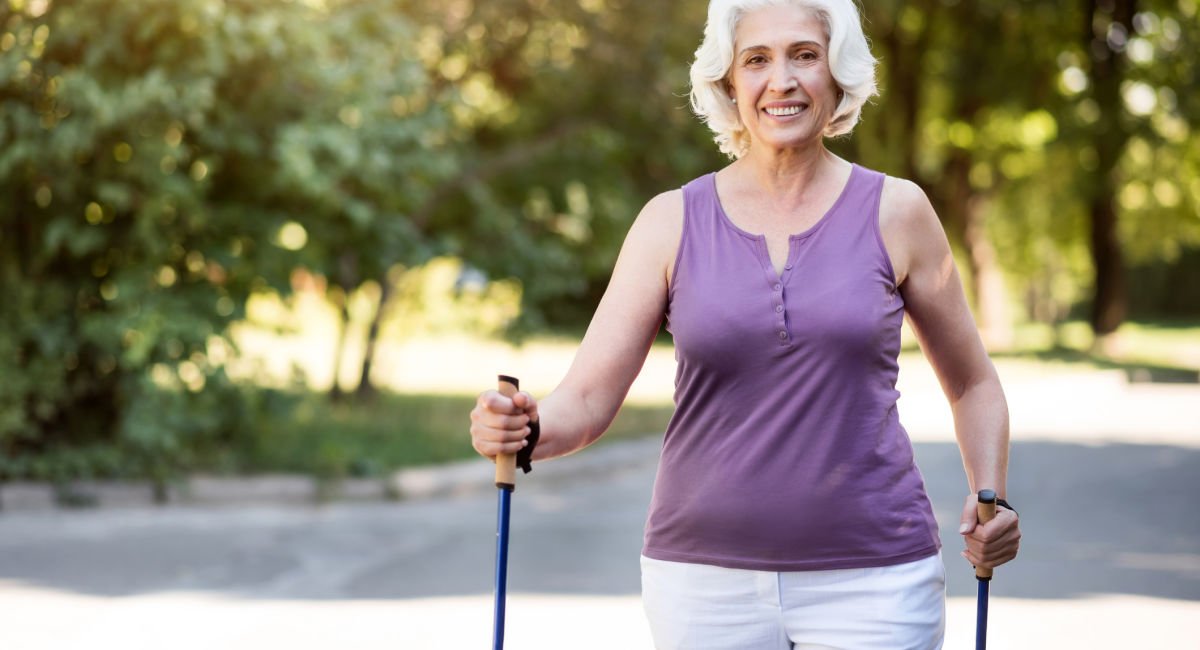Researchers examined the frequency of transport-related walking and mortality in 11,539 initially healthy Australian participants aged 70 years and older enrolled in the Aspirin in Reducing Events in the Elderly (ASPREE) project.
First author and PhD candidate at Monash University School of Public Health and Preventive Medicine Shivangi Shah said previous research had already established that walking as a means of transportation can prolong the lives of younger and middle-aged adults.
Ms Shah said that until now the evidence for walking in initially healthy older adults, free from cardiovascular disease, dementia and independence-limiting physical disability, was scant.
“It is important to engage in any type of physical activity, and building muscle strength and healthy bones through physical activity is especially important as we age to help improve our balance and prevent falls,” she said.
“Our findings suggest that walking for transport will have health benefits for older people.
“Every move is a good move. Even one more minute is better than nothing. But physical activity must be adapted to each person’s capabilities. If you have any concerns, talk to your GP.”
Participants self-reported their frequency of transportation-related walking as: never, rarely/once a week, more than once a week, or every day.
Almost half (44.1%) walked every day, 31.5% more than once a week, 21.7% rarely/once a week, and 2.7% never did.
It is likely that the greatest health benefit can be achieved by people who go from never walking for transport to walking rarely or once a week for transport.
Previous studies have shown that the greatest improvement in health is seen when you get inactive people to do some physical activity.
In this study, compared to those who had never walked for transport, the risk of all-cause mortality was lower for those who walked for transport: rarely or once a week (27%), more than once per week (24%) and every day (26%).
The analysis was adjusted for age, sex, education, smoking, alcohol consumption, living status, rurality, household income, socioeconomic status, chronic conditions, body mass index, and overall physical activity levels.
Senior author Associate Professor Danijela Gasevic, from the School of Public Health and Preventive Medicine at Monash University and the University of Edinburgh, said the findings highlight the importance of good public infrastructure and government campaigns to promote healthy lifestyles.
“Walking and physical activity in general are really important for our health and wellbeing, have environmental and economic benefits and can help build social and community connections,” Associate Professor Gasevic said.
“Walking is simple, free and requires no specialist training, making it sustainable and accessible for older people.
“However, to walk more for transportation, we really need good walking infrastructure – paths and roads that connect places and spaces – and safe environments.”
Co-author Professor David Dunstanwho heads the Baker-Deakin Department of Lifestyle and Diabetes at the Baker Institute and Deakin University, said being physically active is important for good health.
“Our bodies need to accumulate more movement in as many ways as possible every day, as it is well known that this movement can improve many of the body’s regulatory processes, such as blood flow and blood sugar control,” the professor said Dunstan.




